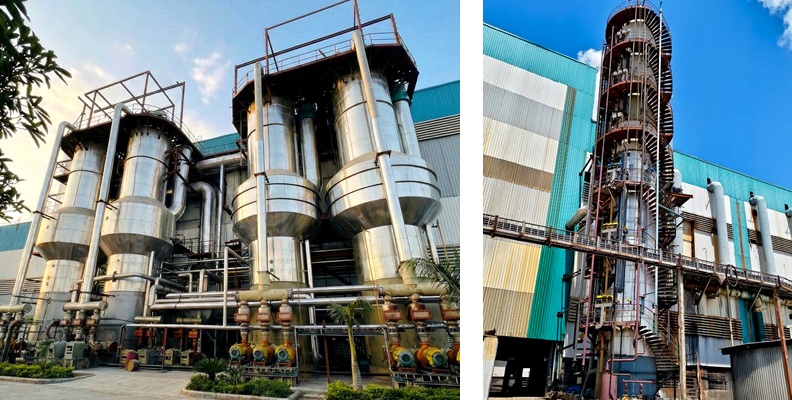Schedule a Call Back
Moulding the future of manufacturing
 Articles
Articles- Jan 30,24
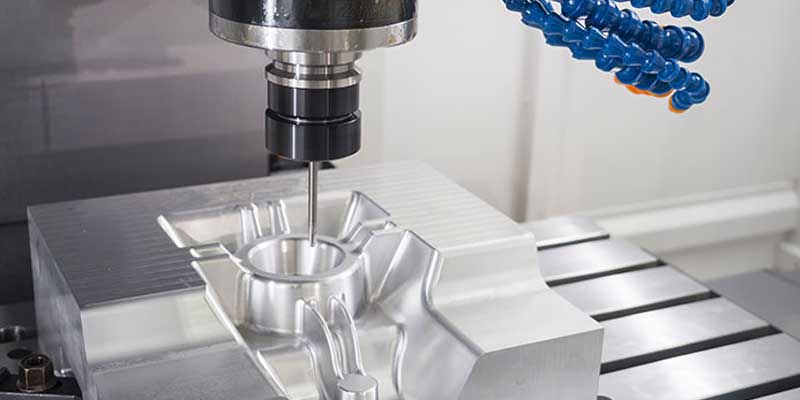
Related Stories
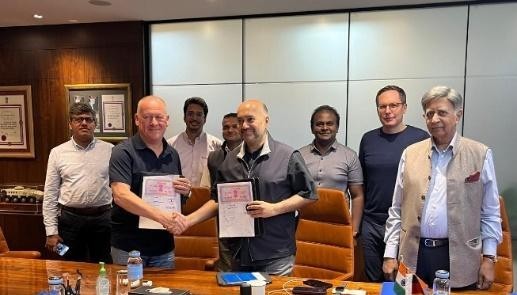
Bharat Forge and Agile Robots sign MoU to Advance AI-Led Industrial Automation
The MoU brings together Bharat Forge’s manufacturing expertise and Germany-based Agile Robots’ AI-led robotics capabilities to accelerate intelligent automation across key civilian industrial se..
Read more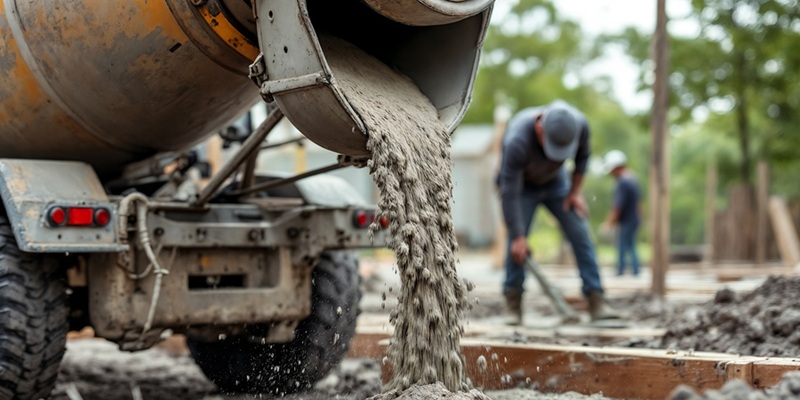
How is AI shaping the future of cement milling?
AI is transforming cement milling by enabling dynamic, data-driven control that improves energy efficiency, stabilises throughput and enhances asset reliability. By leveraging real-time data, predic..
Read more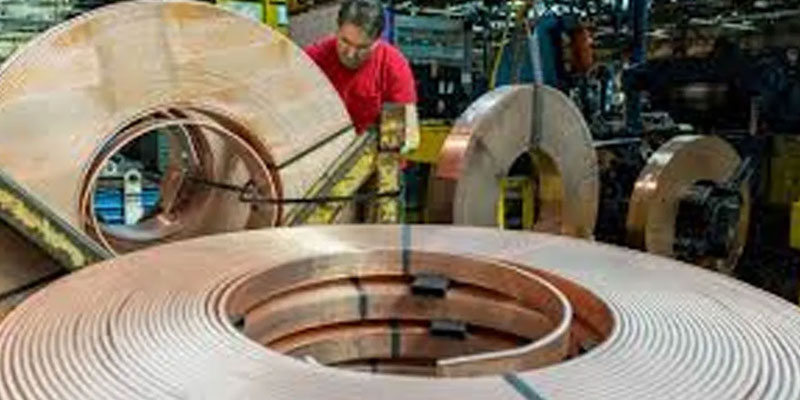
Copper Prices Hit Record Above $13,000 per Tonne
Supply fears and AI-led demand drive sharp rally
Read moreRelated Products
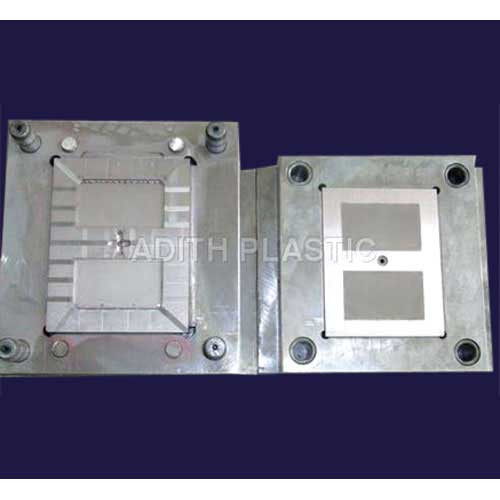
Industrial Moulds
Adith Plastic offers moulds for industrial electronic parts.
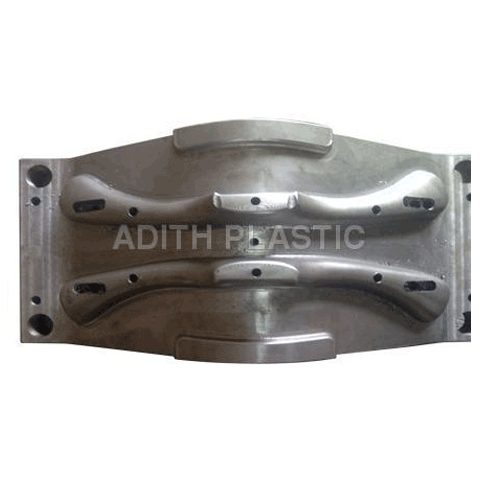
Industrial Plastic Moulding Dies
Adith Plastic offers a wide range of industrial plastic moulding dies.
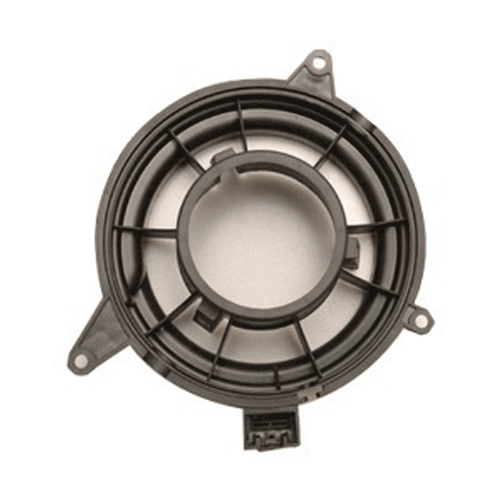
Component Moulds
Innovative Moulds & Dies offers a wide range of plastic component moulds. Read more





